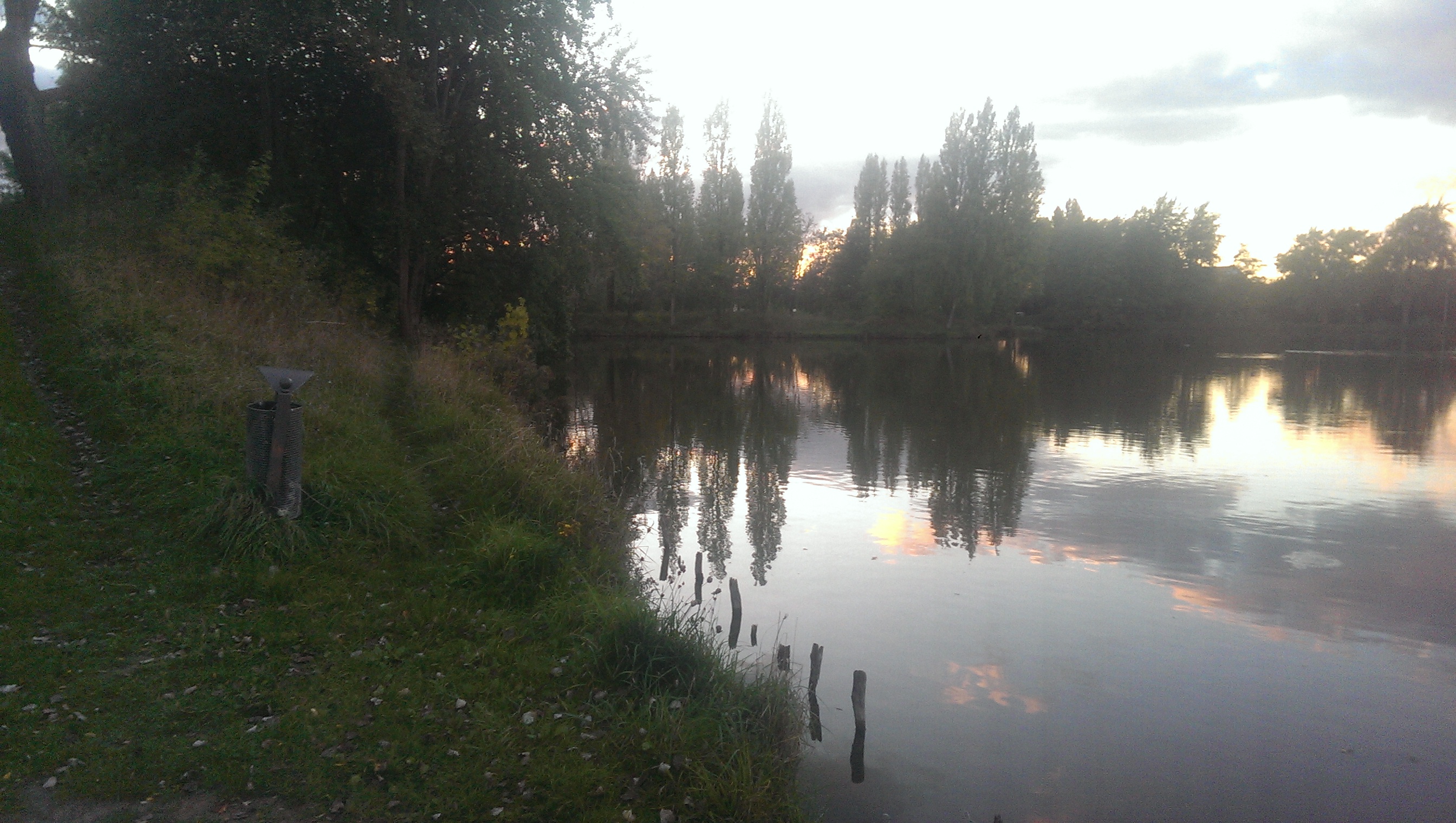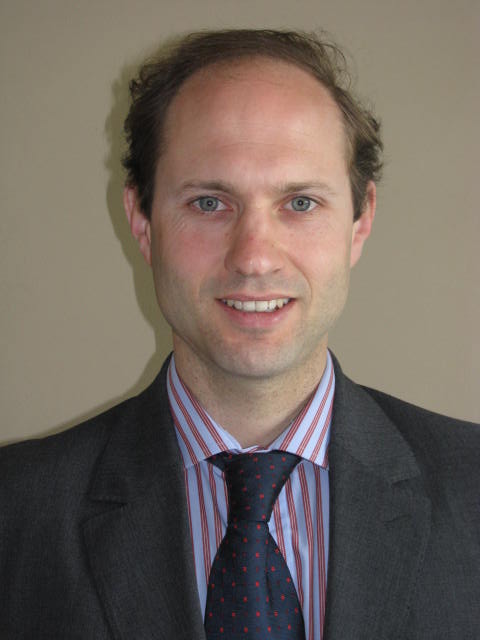

Q - Hello Patrick. Can you give us some background about yourself and your project?
I’ve been working in managing big projects – mostly in IT – for the last fifteen years, and for a while I had been getting more and more concerned about the current ecological crisis. So I decided to retrain and become a specialist of the various challenges facing renewable energies.
I came to the conclusion, which is fairly widespread among professionals in the field, that the most complex challenge today is how to store solar energy in between seasons. It’s about storing energy that’s easily accessible in the summer until winter. There are two known solutions: hydrogen cells and thermal storage. Hydrogen fuel cell is currently much too expensive; it’s still a niche market. The only cost-effective alternative is thermal storage.
When I learned about ENGIE’s call for projects, I saw the opportunity for cementing my career change into the energy sector, and I decided to put together a proposal to try to win this call for projects.
I spent a lot of time studying the kinds of innovative projects that ENGIE was looking for and what I could suggest in Béthune. I wanted something that was complex and cutting-edge enough that it hadn’t been implemented yet, while also remaining realistic.
I noticed that Béthune had all the ingredients needed to store thermal energy between seasons, namely enough space to install solar panels, a body of water and potential consumers located close by. The farther away consumers are, the more heat is lost. You also need to install more pipelines, which are extremely expensive.
All these conditions were present in Béthune, so I developed a business plan, which was sufficiently thorough and serious that it pleased the committee.
I could see that the general public in Béthune was really interested in my idea. This water station hosts a lot of biodiversity but is otherwise underused despite being close to the city. Using it for an ecologically responsible and sustainable project gives the local population the opportunity to rally around something meaningful and could help revive the area. At the same time I only need to use ¼ of the lake for the project, and the remainder (which is separated by a dyke) will continue to host the biodiversity that is currently there.
The pitch sessions gave me the opportunity to meet a lot of local people and politicians who were curious to learn more about my project and who really want to make it happen.
Q- Now that this first step has been such a success, how is the project going to take off? I understand that you have already settled in Béthune.
Yes, that’s right. I asked to have an office in the town hall, since this is where my main stakeholders will be. The office gives me an opportunity to work directly from the inside and to be in direct contact with the stakeholders.
For the moment, I’m working there part time, and in my opinion the collaboration is starting off beautifully.
My goal is to have completed the feasibility study by early 2018, after which I hope to settle in Béthune for 2-3 years, the time to complete the project.
Q- What are your expectations from ENGIE?
The sensitive part of the project, which will determine whether it’s profitable or not, is the district heating network – and this is an area I don’t know well.
I have a pretty good command of all aspects of the solar farm and thermal storage in the basin, but I don’t have experience with district heating networks, and that part could prove decisive for the viability of the project. If it is too costly, the project won’t be profitable and an alternative will have to be found. So I really need help from ENGIE to assess the costs of a district heating network – and I know that ENGIE has this expertise.
Béthune City Hall wants to give me all the tools they can to make this project a success, but not financial aid. The next step will be to define the structure of the project, and who will own the solar farm and the district heating system.
On this point I would also like to draw on ENGIE's expertise to help evaluate the various legal and financial arrangements that we can come up with.
So I need ENGIE both to make up for my knowledge gaps, as a supplier (since I will need 4 hectares of solar panels), and on the urban heating component of the project.
Q- How do you imagine yourself in 3 to 5 years?
In 3 to 5 years, I hope the project will be built and in service. From that moment onward, I would love to be able to replicate it elsewhere. This kind of seasonal storage is often used in the Nordic countries like Sweden and Denmark; there have been some experiments in Germany and Austria, but in Western Europe, there’s almost nothing yet.
Want to know more about the project
Sign up for the ENGIE Innovation Newsletter